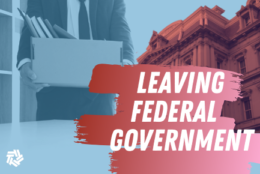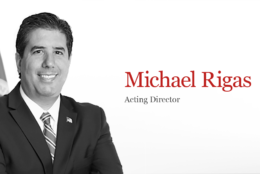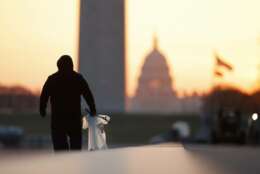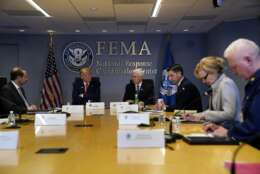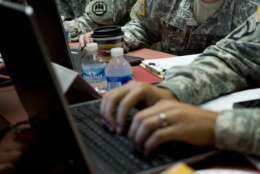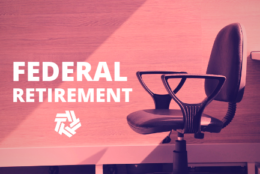Hiring/Retention
-
In today's Federal Newscast, federal employees are learning a little more about the paid parental leave program.
August 11, 2020 -
The Agriculture Department's Office of Chief Information Officer has implemented a hiring freeze and is offering early retirements to eligible IT specialists. The initiatives are part of a workforce "restructuring" effort to support USDA's ongoing IT modernization transformation, the department said.
August 10, 2020 -
This week on Fed Access, Evan Lesser, founder and president of ClearanceJobs.com, joins host Derrick Dortch to give us an update on how the security clearance process is being affected by the federal restrictions put in place during the Covid-19 pandemic.
August 07, 2020 -
NASA's unity campaign launched last September, but it's taken on new meaning during the pandemic and recent nationwide protests. Under its unity initiative, NASA is reviewing its personnel management, recruitment, hiring and retention practices to ensure the agency's workforce is diverse and inclusive.
August 06, 2020 -
The acting OPM director shares insight on how a recent executive order will simplify and liberalize open federal hiring practices.
July 29, 2020 -
In today's Federal Newscast, about 4,000 federal employees have filed workers' compensation claims with the Labor Department due to COVID-19.
July 28, 2020 -
The bipartisan House provision, advocated by Rep. Jim Langevin, would also work with federal departments to develop a U.S. national cyber strategy.
July 27, 2020 -
As Congress debates must-pass legislation for 2021, members are leaving many of the big-ticket federal workforce items on the table this year.
July 27, 2020 -
In today's Federal Newscast, a bicameral group of Democrats say top leadership vacancies at the Federal Emergency Management Agency are unacceptable.
July 22, 2020 -
Speaking as part of Washington Technology’s Virtual Power Breakfast panel, representatives of federal contractors shared how their companies shifted to a new paradigm of virtual onboarding.
July 20, 2020 -
Defense officials say COVID-19 "shattered the myth" that employees can't be productive while teleworking. In many cases, they're more productive than ever.
July 20, 2020 -
The new project, called Quantum Leap, aims to reshuffle about 1,000 members of the Army's IT and cyber workforce between now and 2023. Officials say the current civilian workforce isn't postured for the skills the service will need in the future.
July 17, 2020 -
In today's Federal Newscast, Defense Secretary Mark Esper bans photographs from being used in the process to promote officers and enlisted service members.
July 16, 2020 -
The Office of Personnel Management is committing to more workforce training for supervisors, new leaders and human resources professionals this year, according to new Performance.gov updates.
July 14, 2020 -
About as many federal employees submitted retirement claims in June as the month before, but the Office of Personnel Management was able to reduce the backlog this time.
July 10, 2020


